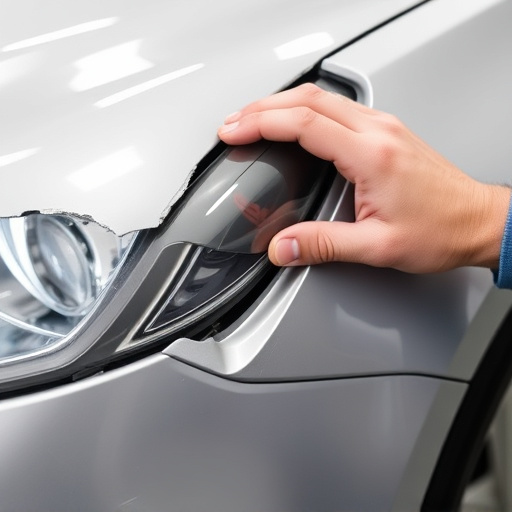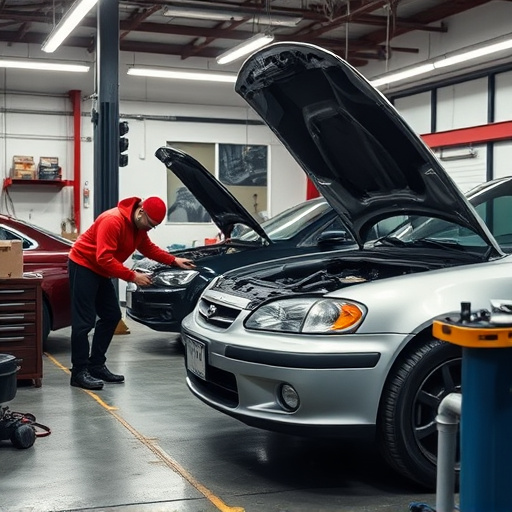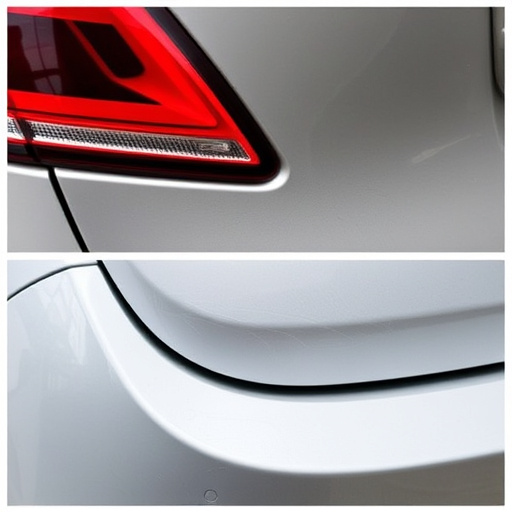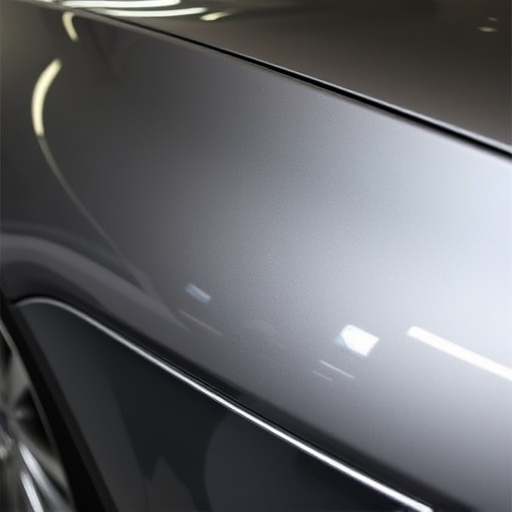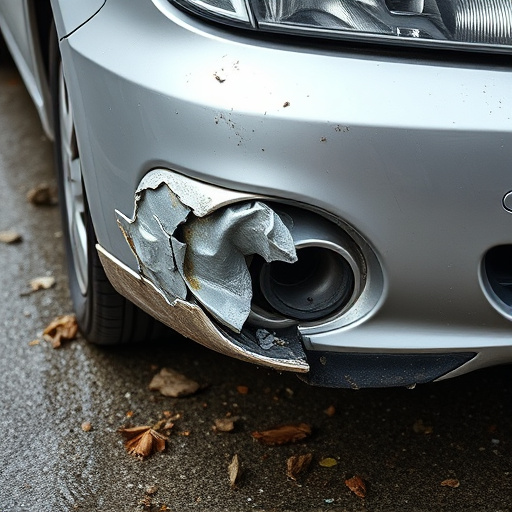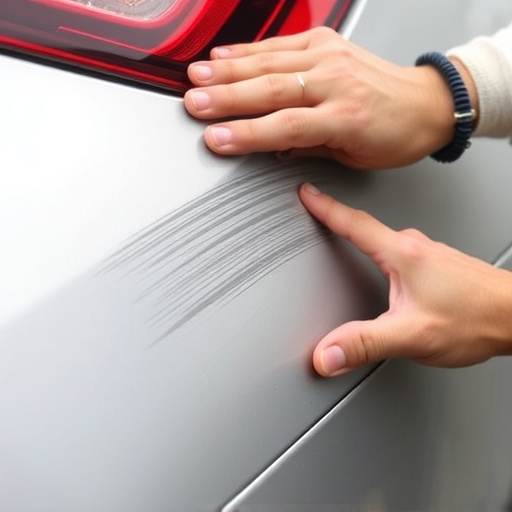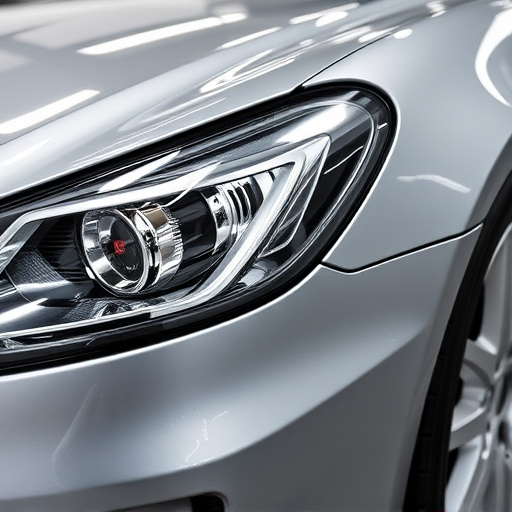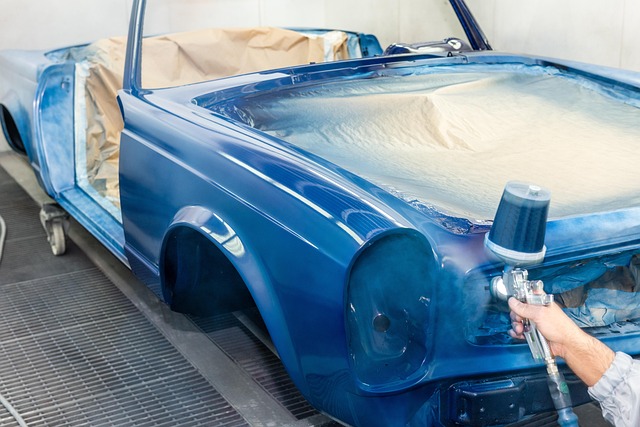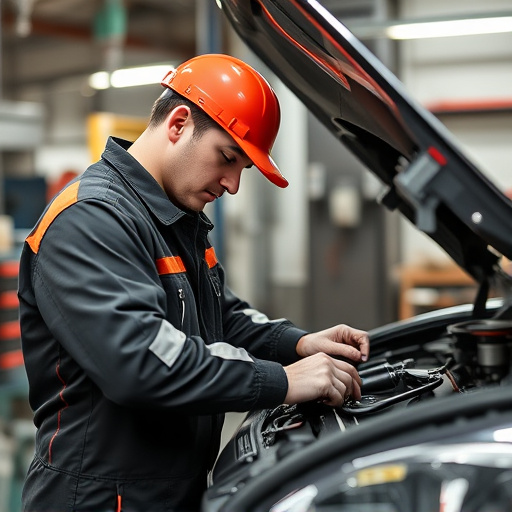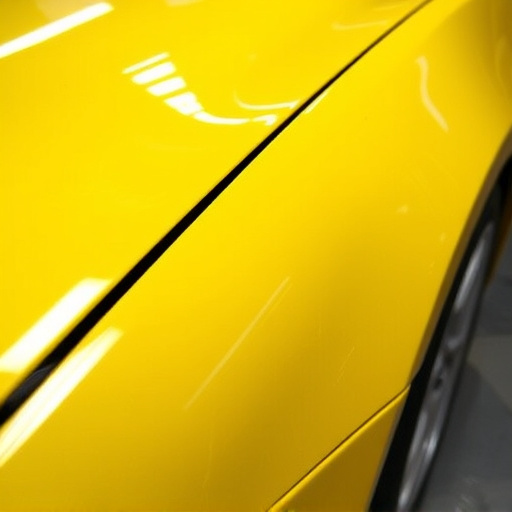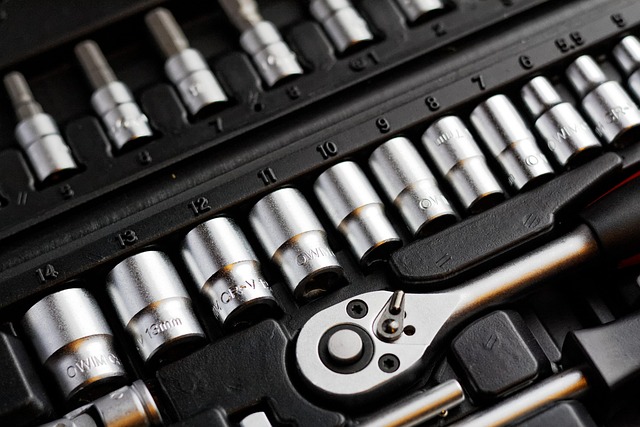Remanufactured collision parts provide a sustainable and cost-effective solution for auto repairs, extending vehicle lifespans while reducing environmental impact. Auto shops employ advanced inspection techniques, including 3D scanning and digital imaging, to ensure these parts meet high quality standards. Strict testing protocols verify functionality and integrity, ensuring safety and reliability without compromising on budget-friendly options for consumers.
Remanufactured collision parts have become a vital component in auto repair, offering cost-effective solutions without compromising quality. This article delves into the meticulous process auto shops employ to inspect these parts thoroughly. From understanding the basics of remanufacturing to exploring advanced inspection techniques and rigorous testing protocols, each step ensures safety, reliability, and customer satisfaction. By implementing these practices, auto shops maintain high standards in their operations, fostering trust among clients who rely on remanufactured collision parts for their vehicles’ well-being.
- Understanding Remanufactured Collision Parts: The Basics
- Inspection Techniques for Quality Assurance in Auto Shops
- Ensuring Safety and Reliability: Rigorous Testing Protocols
Understanding Remanufactured Collision Parts: The Basics
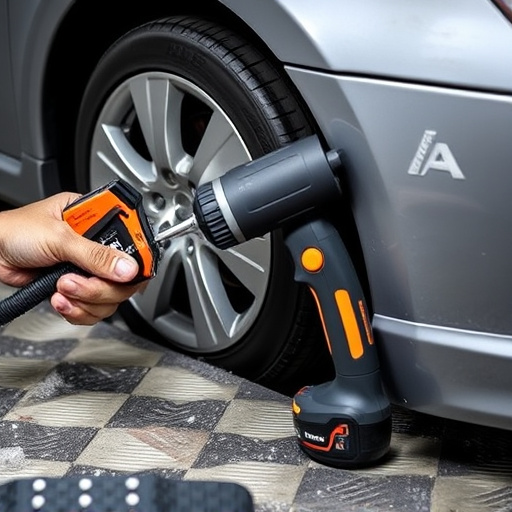
Remanufactured collision parts are a sustainable and cost-effective alternative to new or original equipment parts. They are carefully restored and rebuilt from damaged vehicles, ensuring that all components meet specific quality standards. The remanufacturing process involves several steps, including meticulous car dent removal, thorough inspection, disassembly, cleaning, repair or replacement of faulty parts, reassembly, testing, and final quality assurance checks. This meticulous approach ensures that remanufactured collision parts function as good as new while significantly reducing environmental impact and costs associated with automotive collision repair.
Understanding the intricacies of remanufactured collision parts is crucial for both consumers and auto shops. Consumers can benefit from longer-lasting repairs and reduced expenses, whereas auto shops can expand their services and contribute to a greener automotive industry. By specializing in remanufacturing, shops demonstrate their commitment to efficient vehicle dent repair and automotive collision repair practices, appealing to environmentally conscious customers.
Inspection Techniques for Quality Assurance in Auto Shops
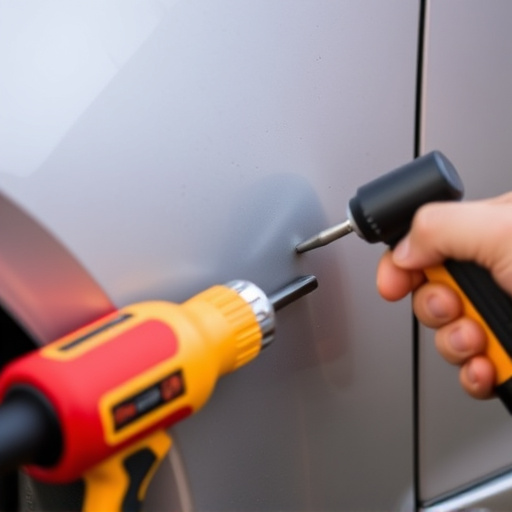
Auto shops employing meticulous inspection techniques ensure comprehensive quality assurance for remanufactured collision parts. This involves a multi-step process where each part undergoes detailed visual examinations, often aided by specialized tools and equipment. Experienced technicians scrutinize every aspect, from structural integrity to paint consistency, ensuring alignment with original specifications.
Advanced technologies, such as 3D scanning and digital imaging, play a pivotal role in this quality control regimen. These methods capture precise measurements and compare them against industry standards, identifying even the subtlest deviations. This meticulous approach guarantees that remanufactured collision parts, whether for automotive body work or car restoration, meet the highest standards of safety and performance.
Ensuring Safety and Reliability: Rigorous Testing Protocols
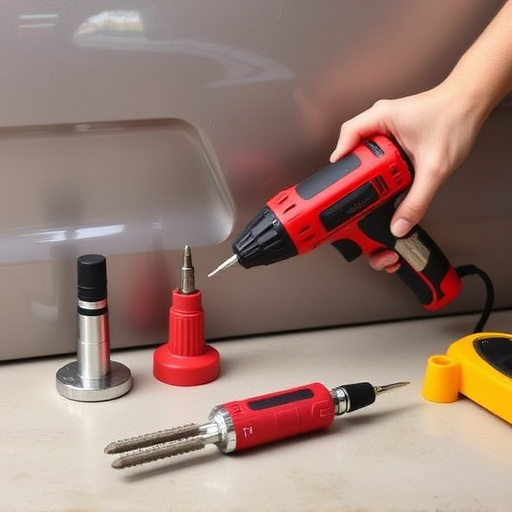
In the realm of automotive repair services, especially when it comes to collision repairs, using remanufactured collision parts has become a game-changer. These parts are a cost-effective alternative to new ones, but their safety and reliability cannot be compromised. Auto shops employ rigorous testing protocols to ensure that each remanufactured part meets stringent quality standards. This process involves comprehensive inspections, advanced diagnostic tools, and meticulous performance tests to verify the integrity and functionality of the components.
For instance, when it comes to auto glass replacement, shops thoroughly test the clarity, impact resistance, and adherence to safety regulations. Body shop services also employ sophisticated techniques to assess structural integrity, ensuring that every remanufactured part contributes to a safe and seamless vehicle restoration. These testing protocols not only guarantee the superior quality of remanufactured collision parts but also reinforce consumer confidence in adopting eco-friendly and budget-conscious repair options.
Auto shops meticulously inspect remanufactured collision parts using advanced techniques and rigorous testing protocols to ensure safety, reliability, and top-quality performance. By combining expert knowledge with modern technology, they verify each component’s integrity, functionality, and compatibility, guaranteeing that repaired vehicles return to the road with reliable and durable parts. This thorough inspection process is vital for maintaining customer satisfaction and ensuring the long-term safety of vehicles on the road.

